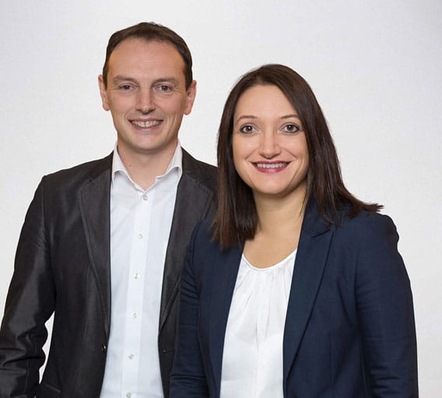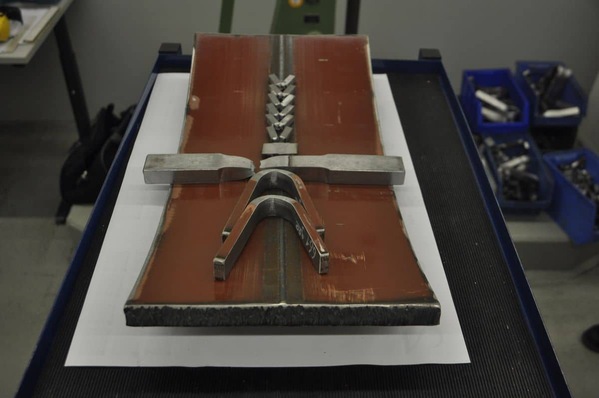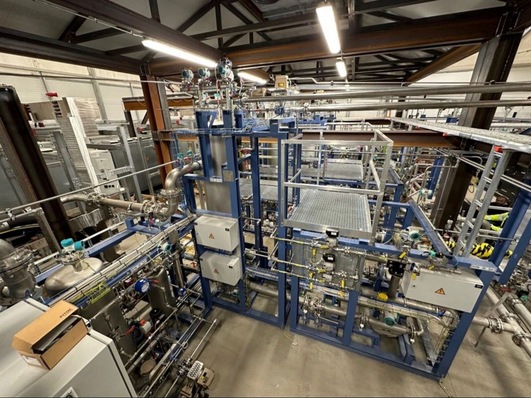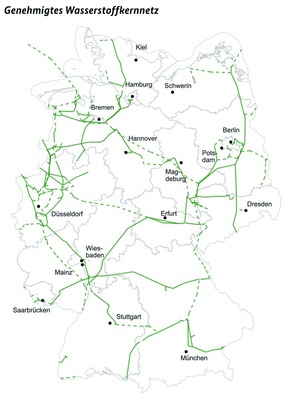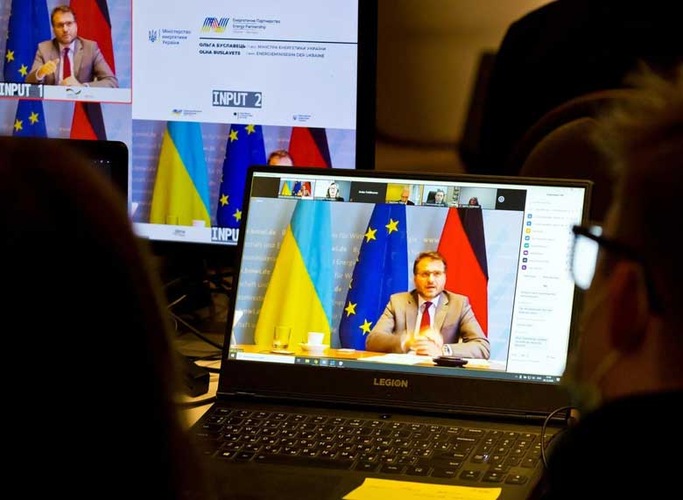
The German energy consultancy dena (deutsche Energieagentur) is already cooperating with the Ukrainian energy industry within the framework of the German-Ukrainian Energy Partnership. A corresponding letter of intent was signed at the first German-Ukrainian Energy Day event, on August 28th, 2020. The current objectives of this energy partnership are to increase energy efficiency, modernize the electricity sector, expand renewable energies and reduce CO2 emissions. In the future, the focus will also be on the transformation of coal regions, the integration of renewable energies, the production of green hydrogen and the modernization of district heating systems. Dena sees great opportunities and potentials in the energy sector, but there are still many open questions.
Development of renewables
In order for them to export green hydrogen to Germany in significant quantities in the future, there will need to be a corresponding amount of energy from renewable sources in the energy systems of the countries in Eastern Europe. This is currently not the case at all, as the percentage of renewables in primary energy consumption is only in the upper single digits in the case of Ukraine, for example. In Kazakhstan, it is just about three percent.
The installed capacity has increased from 2,300 megawatts at the end of 2018 to around 7,700 megawatts currently. Since 2015, over 5 billion euros has been invested in expansion of renewable energies to reach a capacity of over 6.7 gigawatts (dena). Whether and in what form the future expansion of renewable energies in Ukraine can be realized at all is currently unknown, as the uncertain political situation in the country makes it almost impossible for investors to find potential interested parties and investors for new projects in the renewables sector.
Author: Aleksandra Fedorska



